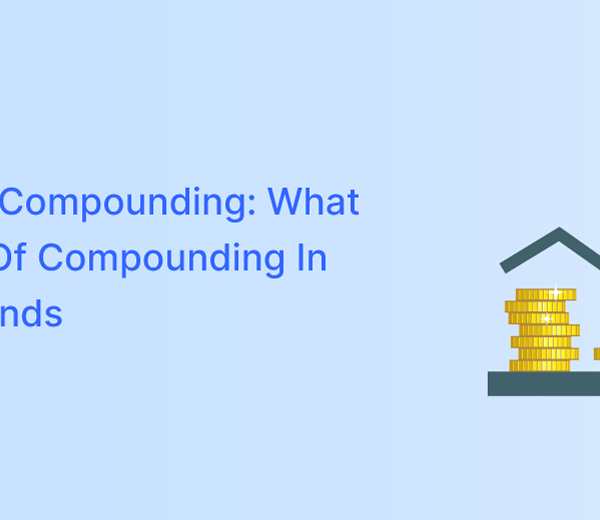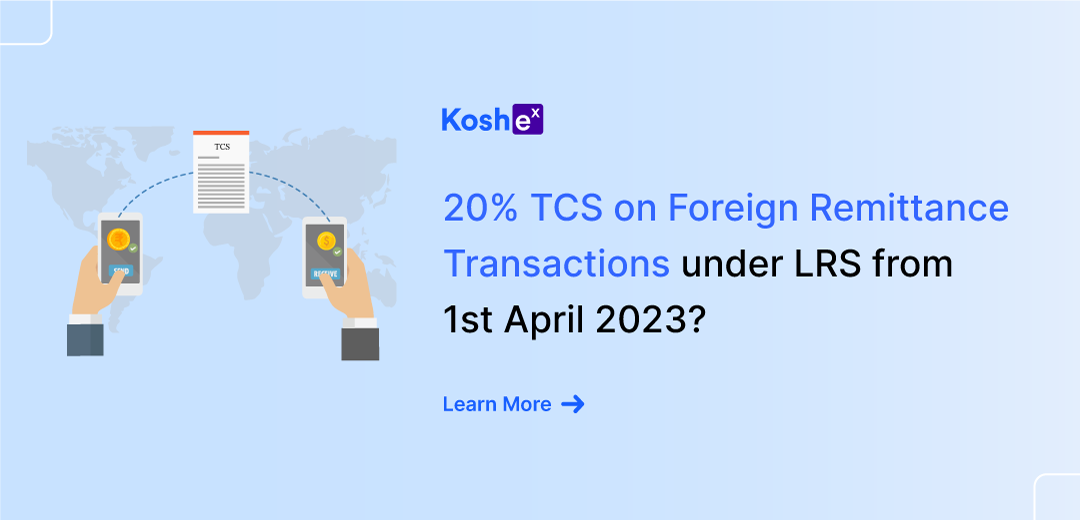Check out our blog post to discover a detailed explanation of a joint demat account. Examine the nuances of joint investment accounts to ensure smooth financial cooperation.
What Is a Joint Demat Account?
A Demat or dematerialized account holds securities such as shares, bonds, and exchange-traded funds (ETFs) in electronic form. It eliminates the need for holding physical certificates. The purpose of implementing the Demat account system was to make buying and selling securities easier and more efficient.
A single Demat account held by two or more people referred to as joint holders, is called a joint Demat account. The securities kept in the account are equally owned by each joint holder, and they are all able to jointly manage the account. This implies that any securities in the account may be purchased, sold, or transferred by any joint holder. It is possible to open a combined Demat account with business partners or family members, such as spouses.
To buy and sell shares in the Indian stock market, having a Demat account is obligatory. Though a Demat account is not mandatory to purchase and redeem mutual funds, there are many benefits to holding them in Demat accounts. The most significant one is that Demat accounts aid you in maintaining mutual funds from various fund houses in a single account.
The Koshex platform allows you to invest in mutual funds, digital gold, fixed deposits, and smart deposits. Sign up with Koshex to experience a hassle-free investment journey.
Now, let’s look at how to open a joint Demat account in India and the necessary documents for KYC.
How is an individual Demat account different from a joint Demat account?
An individual Demat account is owned by a single person, while a joint Demat account is owned by more than one individual.
The following rules apply to joint Demat accounts:
· A joint Demat account can have a maximum of three account holders. One will be the primary holder, while the others will be secondary holders.
· All account holders must be above the age of 18.
· After opening a Demat account, the names of account holders can’t be changed or modified.
· The annual maintenance charge of the joint Demat account will be charged collectively. Individual holders need not pay charges separately.
· The signature of all account holders is necessary for all transactions.
· The primary holders will be responsible for paying taxes on profits earned from transactions made through the joint Demat account.
Here are the key differences between an individual Demat account and a joint Demat account.
| Individual Demat Account | Joint Demat Account | |
| Ownership | An individual Demat account is owned by a single individual who has sole control over the account’s transactions. | A joint Demat account is owned by two or more individuals who are jointly authorized to operate the account. All account holders have equal rights and control over the account. |
| Operational control | The account holder has full control over the account’s operations and transactions. | All account holders collectively make decisions regarding the account’s operations and transactions. |
| Authorization and Signature | Transactions require the signature and authorization of the single account holder. | Transactions require the signatures and authorization of all account holders. |
| Survivorship clause | If the account holder passes away, the assets in the account are transferred to the nominee or legal heirs. | In the event of the demise of one account holder, the ownership of the account is automatically transferred to the surviving account holder(s). |
| KYC requirements | Needs personal details and documentation of the single account holder. | The personal details and documentation of all account holders are necessary. |
How to open a joint Demat account in India?
The following are the steps involved in opening a joint Demat account in India.
- Select a Depository Participant (DP): The first step in opening a Demat account is choosing a reliable and reputed DP. A DP is a middleman between the investors and the depository, facilitating transactions and managing accounts. In India, scheduled commercial banks, registered financial institutions and stock brokers offer DP services.
- Fill up the Demat account opening form: Visit the official website of the DP or download their mobile application. Then, download the application form. Fill in all the information correctly and attach copies of all necessary KYC documents. Remember to get the signatures of all account holders. Submit this form to the nearest branch office of the DP.
Before submitting the application form, carefully read and understand the terms and conditions of the joint Demat account.
- Verification and approval: In joint Demat account opening, an in-person verification of all the account holders is mandatory. The in-person verification aims to check whether the actual details of all account holders match the information they provided to the DP.
After completing the verification, the DP will approve the joint Demat account. Account holders will receive the Demat account credentials in their registered email ID or phone number.
- Start trading: You can start trading securities soon after receiving the account credentials. In case of any difficulties, you can contact the DP for assistance.
KYC document requirement for opening a joint Demat account in India
You need to submit the following documents to open a Demat account along with the KYC application form:
- Proof of identity: You can produce any valid identity card issued by the state or central government, such as a PAN card, Aadhar card, passport, etc., for this purpose.
- Proof of address: You can use Aadhar Cards, utility bills, ration cards, etc. as address proof.
- Proof of income: Income proof includes the latest salary slip, copy of Income Tax Returns (ITR) acknowledgment, bank account statement for the last six months, copy of the net-worth certificate issued by a chartered accountant, etc.
- Proof of bank account: You can submit either a copy of the bank passbook or a canceled cheque as proof of bank account. The canceled cheque must include the name of the primary account holder.
- Passport-size photographs of all account holders.
What are the advantages of having a joint Demat Account in India?
A few advantages of having a joint Demat account are:
- Shared ownership: Joint Demat accounts are commonly used by family members, spouses, or business partners who would like to share ownership of investments. It simplifies the process of managing and tracking investments.
- Convenience: In a joint Demat account, holders make decisions collectively and manage securities as well as investments together. And it’s convenient for family members or business partners who wish to manage their holdings collectively.
- Pooling resources: A joint Demat account enables account holders to pool their resources, potentially leading to more substantial investments and greater diversification of their portfolios.
- Makes record-keeping straightforward: Combining several separate Demat accounts into a single joint account helps to streamline record-keeping and administration. It brings together the investments of multiple individuals under one umbrella.
- Reduces costs: For a joint Demat account, the maintenance fees are applicable to only one account. Individual account holders need not pay charges separately, significantly reducing investment costs.
- Simplifies transfer of ownership: In the unfortunate event of the demise of one account holder, the ownership of securities will be transferred to other account holders smoothly without additional paperwork or legal hassles.
Conclusion
In India, investors must open a Demat account for trading in stock markets. When opening a Demat account, you must ensure that all details are accurately filled out, as it is not allowed to make changes to personal information like name, date of birth, and other details at a later time.
Also, ensure copies of all KYC documents are attached to the application form. Failure to submit any required document may cause delays in the approval process. Further, to execute a transaction through a joint Demat account, it’s necessary to have the approval of all account holders.
To buy or sell shares in the Indian stock market, you must open a trading account in addition to your Demat account. It is mandatory to link the Demat account with the trading account. In a joint Demat account, the trading account must be in the name of the primary holder. A trading account can be used to purchase or redeem shares and other securities.
Koshex is an ideal platform for individuals looking to invest in multiple investment options using a single app. Sign up today with Koshex to maximize returns and achieve financial goals swiftly.
FAQs
Can an investor have multiple Demat accounts?
Regulatory authorities set no specific limit on how many Demat accounts a person can have. It indicates an individual can open multiple Demant accounts with various brokers using a valid PAN card.
Can an individual Demat account be converted into a joint Demat account?
Converting an individual Demat account into a joint one is not an option. Instead, investors can opt to open a new joint Demat account.









Leave a Comment